The game is getting quicker and space on the pitch smaller, so a player’s first touch will make the difference between good and great.
In late 1997, I was invited to play in a charity match at the Santiago Bernabeu Stadium in Madrid. 80,000 fans were in attendance to watch Eric Cantona, Hugo Sanchez, Fernando Hierro, Edgar Davids – to name but a few – participate in a wonderful event.
Later that night at the post-match dinner, I was lucky enough to be seated next to an absolute legend of the game – Eusebio – the Portuguese superstar.
Eusebio was polite, talkative and humorous. We discussed many things about football and life in general.
Before the night was over and everyone parted ways, I asked him a question – I wanted to know what he viewed as the most important factor in him becoming what he was – a true superstar of the game. “Always aiming for the next level” was his response. I didn-t dig further or ask him to go into detail – his answer hit the spot regardless.
It-s about pursuing and achieving excellence, then seeking ways to surpass it. It-s about scraping the limitations then breaking through them.
That was exactly Eusebio-s frame of mind, the frame of mind that is needed to improve as a player and continue improving. This mentality applies to all players, regardless of level of quality. The goal must be maximizing potential and then looking beyond – tackling, pursuing and achieving what may seem unachievable.
Football is made up of many components, along with all kinds of individual strengths and weaknesses varying from player to player. But a standout component in the game – is a player-s first-touch of the ball.
The first-touch sets a path, starts a story – depending on the quality – will either open a door or have it slammed shut in your face.
Great players like Eusebio were and are continuously seeking ways to be on a new level, a level that enables you to be in command of a golden attribute in football – unpredictability.
Being unpredictable is the master-key to success, capable of bringing down any opponent, whereas predictability will never hurt or surprise anyone – predictability won-t conquer the opposition.
Brisbane-s Mitch Nichols, in the 7-1 demolition of Adelaide, used his first touch to get forward into a position of danger and win a penalty. His first-touch would have been a second for many others, many would have trapped the ball then taken a touch to attack the space – Nichols bypassed the trap – he was a step ahead, on another level.
Troy Hearfield-s first touch to set up a goal for the Mariners last weekend was another example of what the quality of the initial contact can do to the opposition. It was sublime and the catalyst for tearing apart the Wellington defence.
Jeremy Brockie and Dylan Macallister also both mirrored the damage and havoc that can be caused when electing to keep the ball “alive” and not “killing” it.
In a recent Champions League game, Bayern Munich-s Toni Kroos scored a sensational goal against Napoli. But forget the actual goal, it-s how he put himself into position to score with an outstanding example of bypassing a sequence of play.
Kroos turned his first-touch into the second phase – the next level of play – which completely caught the opposition defence off guard – and he did it at high speed. It was like Kroos flew from Sydney to London without stopping in Singapore – and made it. His touch was a super- jumbo jet that didn-t need refuelling.
These examples show what taking your first-touch to the next level can do – by bringing a factor of unpredictability into play – resulting in an absolute nightmare for opponents.
It-s about breathing life into a sequence of play, understanding the meaning of the first-touch, the importance, the magnitude, the damage it can cause to the opposition. Often, I think it-s taken for granted – a kind of “Let-s get the ball under control” mentality, “Then go from there”. It shouldn-t be.
German national team coach Joachim Low pointed out in an interview several weeks ago, that “Space on the pitch has become smaller, the time to act scarce” and continued by saying that, “Developing individual skill in training is more important than the system”.
I agree 100 per cent. The game is continuously getting quicker, teams are physically fitter, closing you down and getting behind the ball faster, which puts more focus on the speed of a player-s thinking process and the quality of the first-touch – a touch that will either open up a world of options, or end up being a lost opportunity.





